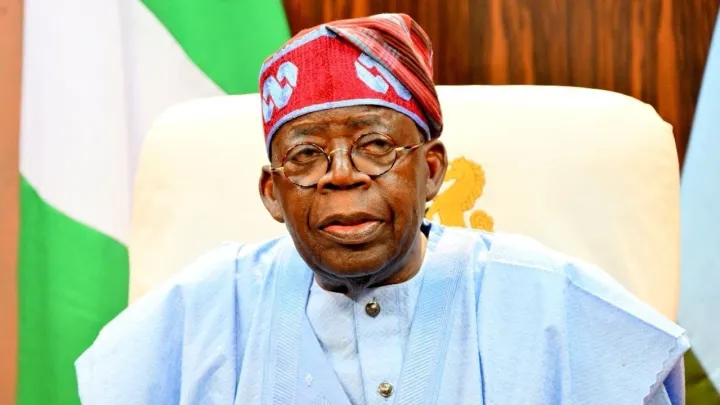Tunisia has managed to repay nearly 74% of its total external debt, the country’s central bank (BCT) has said.
As of September 10, 2023 the North African nation had offset foreign debt totalling 6.65 billion Tunisian dinars ($2.11 billion), BCT has revealed.
The country projects that by the end of the current financial year, it would have settled foreign debt totalling 8.95 billion Tunisian dinars ($2.83 billion).
Money raised from tourism and diaspora remittances played a crucial role in helping the nation service its external loans, BCT said.
The improved servicing of external debt has had a positive impact on the country’s foreign exchange reserves.
Reduced external borrowing
Tunisia now has forex reserves that can last it 116 days (26.4 billion Tunisian dinars; $8.38 billion), which is an increase from 111 days recorded in the same period last year (23.7 billion Tunisian dinars; $7.52 billion).
Due to the improved servicing of credit, Tunisia’s borrowing from foreign markets has reduced from 3.4 billion Tunisian dinars ($1.08 billion) in June 2022 to 932.8 million Tunisian dinars ($296 million) as of March 2023.
Tunisia’s finance ministry revealed that tax revenues increased by 8.3%, while state budget expenditures also went up by 7%.
This led to a surplus of 58.8 million Tunisian dinars ($18.7 million) at the end of June 2023.
IMF’s deal aborts
Tunisia recently turned to Saudi Arabia for financial assistance after President Kais Saied rejected the International Monetary Fund’s loan conditions.
In July, the North African nation secured a $400 million loan and $100 million grant from Saudi Arabia after declining a $2 billion loan from the IMF over conditions that President Saied termed punitive and inhuman.
The IMF had asked Tunisia to remove subsidies on basic commodities and restructure government offices.
Saied said the international lenders should not direct sovereign nations on how to run their internal affairs.
“These (citizens) are not just numbers. These are human beings whose dignity must be preserved. The hourglass must be turned if they want justice,” Saied said when he participated in the Paris summit on global financing in July.
























